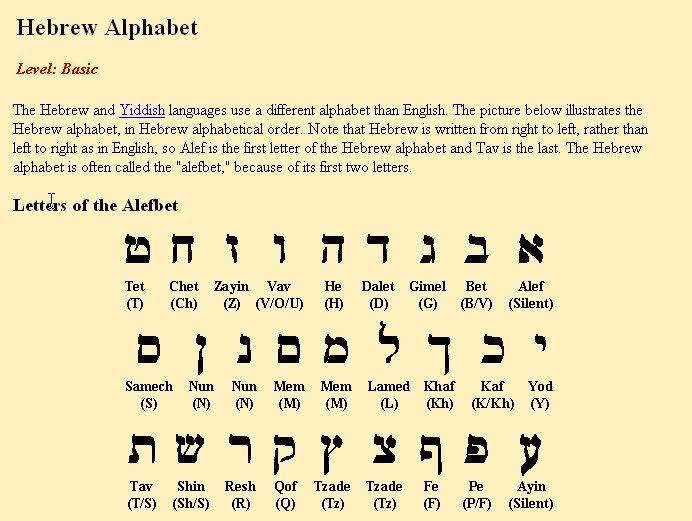Political Prudence & Civic Virtue: How Post-Temple Judaism Made Holiness Portable and Universal
In the wake of the Jewish War, Jewish thought reimagined holiness as portable, textual, and communal. The loss of the Temple did not diminish sanctity; it relocated it—from sacred geography to covenantal practice—making Torah the living architecture of a dispersed people and a moral witness among the nations.
I. Political Prudence and Civic Virtue
In the aftermath of the Jewish War (66–73 CE), the question of how to live faithfully under foreign dominion assumed unprecedented urgency. The collapse of Jerusalem and the destruction of the Temple forced Jewish thinkers and communities to rearticulate the meaning of covenantal life within alien political orders. The model that emerged was one of political prudence balanced with civic virtue—a harmony between loyalty to imperial governance and fidelity to divine law.
The prudent citizen was called to manifest industry, order, and peace as public virtues reflective of Torah wisdom. Civic engagement became a form of testimony: the Law of Israel, rightly lived, demonstrated its excellence through the moral stability it conferred upon practitioners. Thus, Jewish apologetics emphasized moral exemplariness rather than rebellion, portraying Torah observance as the foundation of good citizenship and social harmony.
Civic loyalty and religious integrity are not adversaries; prudence in public life becomes a quiet vindication of divine wisdom.
This synthesis demanded that allegiance to God coexist with pragmatic coexistence under Rome. The faithful Jew became both subject and witness—loyal to civic order while maintaining religious integrity. Such prudence expressed theological confidence: divine sovereignty transcends imperial rule, and righteousness can endure even in exile.
II. Universal Israel — Law Beyond Borders
The loss of the Temple inaugurated a decisive transformation in Jewish theological imagination. Holiness, once tethered to the geography of Jerusalem and the rhythms of cultic sacrifice, was reconceived as portable, textual, and communal. The Temple’s memory endured as the orienting axis of prayer and eschatological longing, yet its absence compelled a relocation of sanctity—from place to practice, from ritual center to covenantal discipline.
This transition did not signify diminishment but expansion. Study, prayer, and ethical observance became the new forms of worship; the Torah assumed a role once occupied by the altar, becoming the portable sanctuary of God’s will. The Law’s authority no longer required proximity to Zion but fidelity to its covenant wherever Israel dwelled.
Within this reimagined order, the Torah emerged as a transnational constitution—a living architecture of holiness that could sustain a dispersed people. Diaspora, once viewed as punishment, was reframed as providence. Through dispersion, Israel’s ethical and theological insights crossed borders, transforming exile into a means of universal witness and giving concrete expression to the Abrahamic promise that all nations would be blessed.
III. The Covenant as Witness to the Nations
In this recalibration, Diaspora ceased to be only a condition of exile and became a vocation of testimony. Communities grounded in Torah discipline formed a moral microcosm—a dispersed sanctuary revealing divine order within the world’s disorder. Their constancy under foreign governance embodied a universal principle: holiness is not confined by borders but radiates through conduct, justice, and mercy.
The “universal Israel” that emerged from this consciousness was no longer defined primarily by territorial possession but by ethical devotion. Its sanctity was lived rather than localized. The Torah became translatable; holiness, transportable. Thus, the covenant expanded in scope and purpose—its wisdom offered as a moral grammar for all humanity.
What began as catastrophe became calling. The Temple’s destruction catalyzed a theological synthesis that preserved continuity while enabling universality. In the discipline of law, Israel found not only survival but mission: to live as a people whose dispersion is revelation, whose faithfulness among the nations prefigures unity under divine instruction.
Conclusion
Post-Temple Judaism forged a theology of resilience—turning exile into vocation and loss into moral expansion. By binding holiness to Torah rather than terrain, and civic virtue to divine wisdom rather than imperial favor, Israel’s faith transcended geography and politics alike. It anticipated a universal horizon where the Law “goes forth from Zion” not as edict, but as example.







